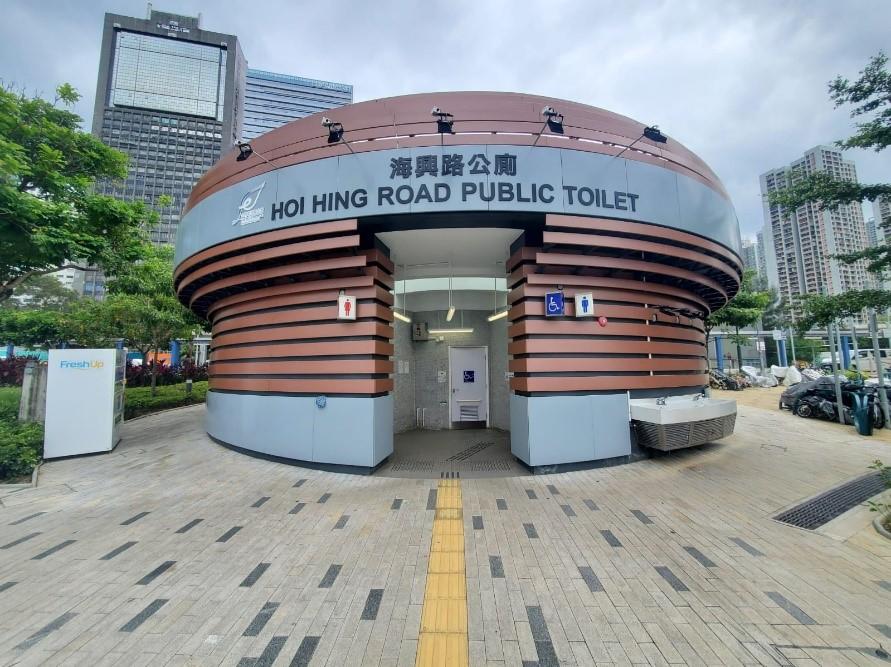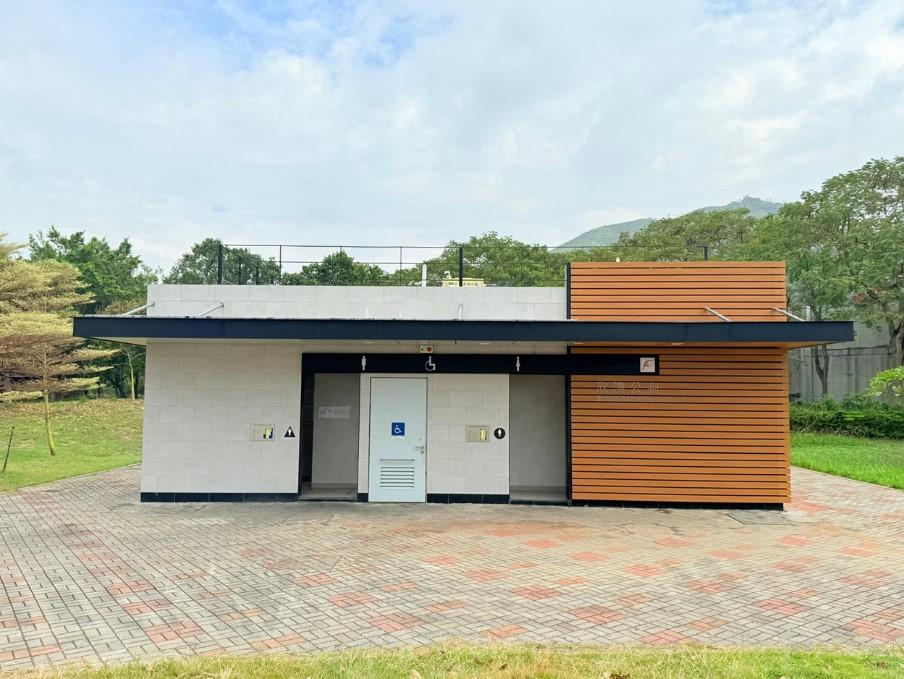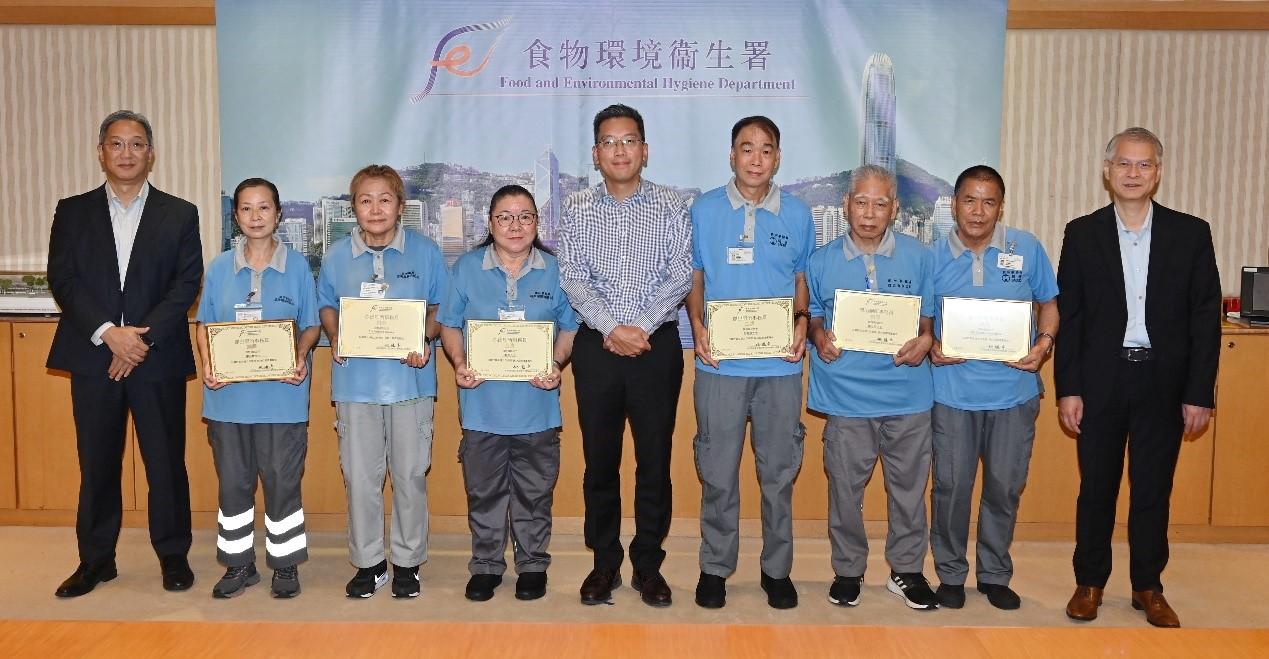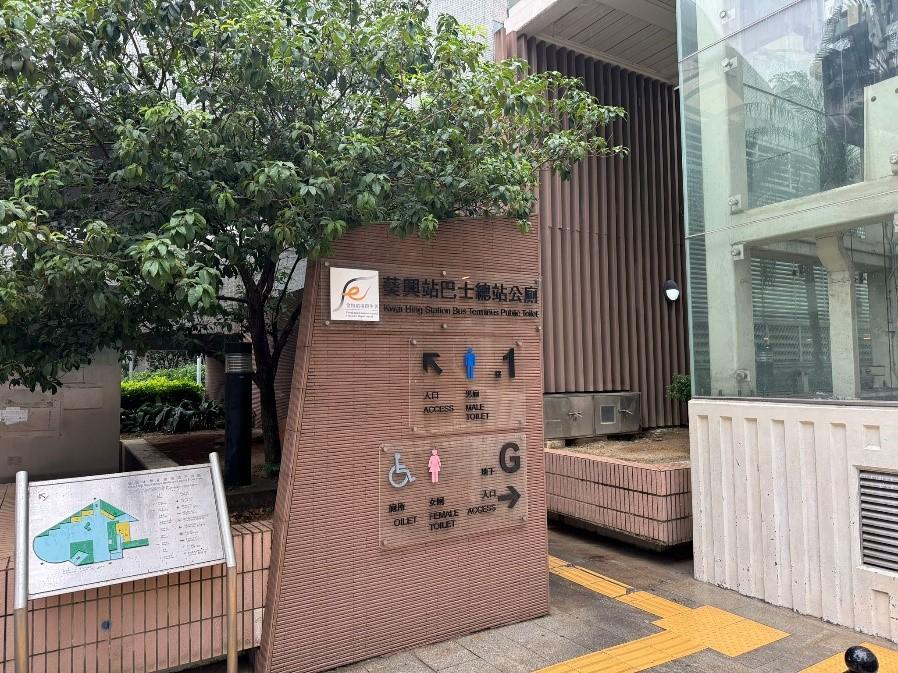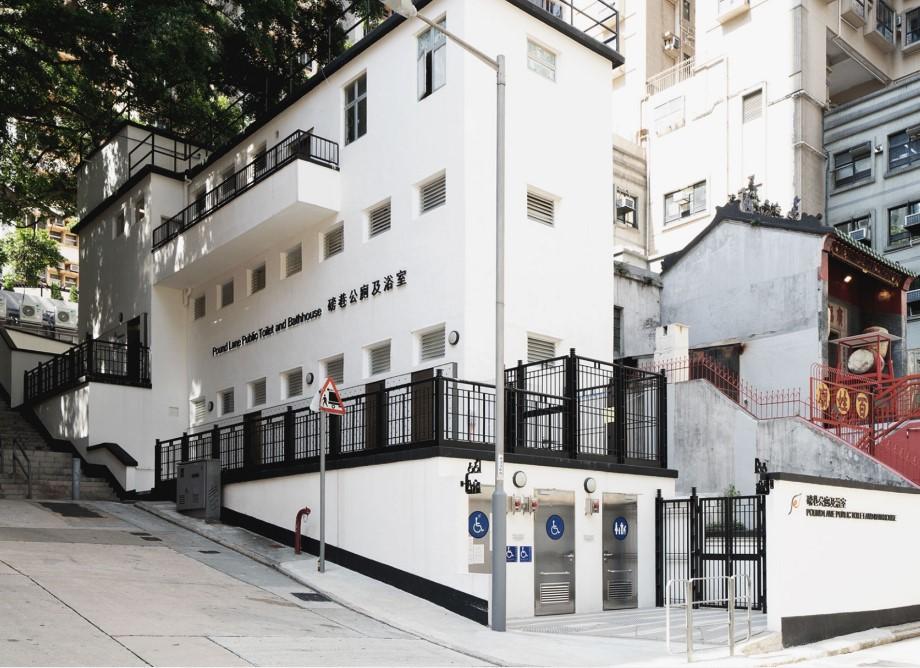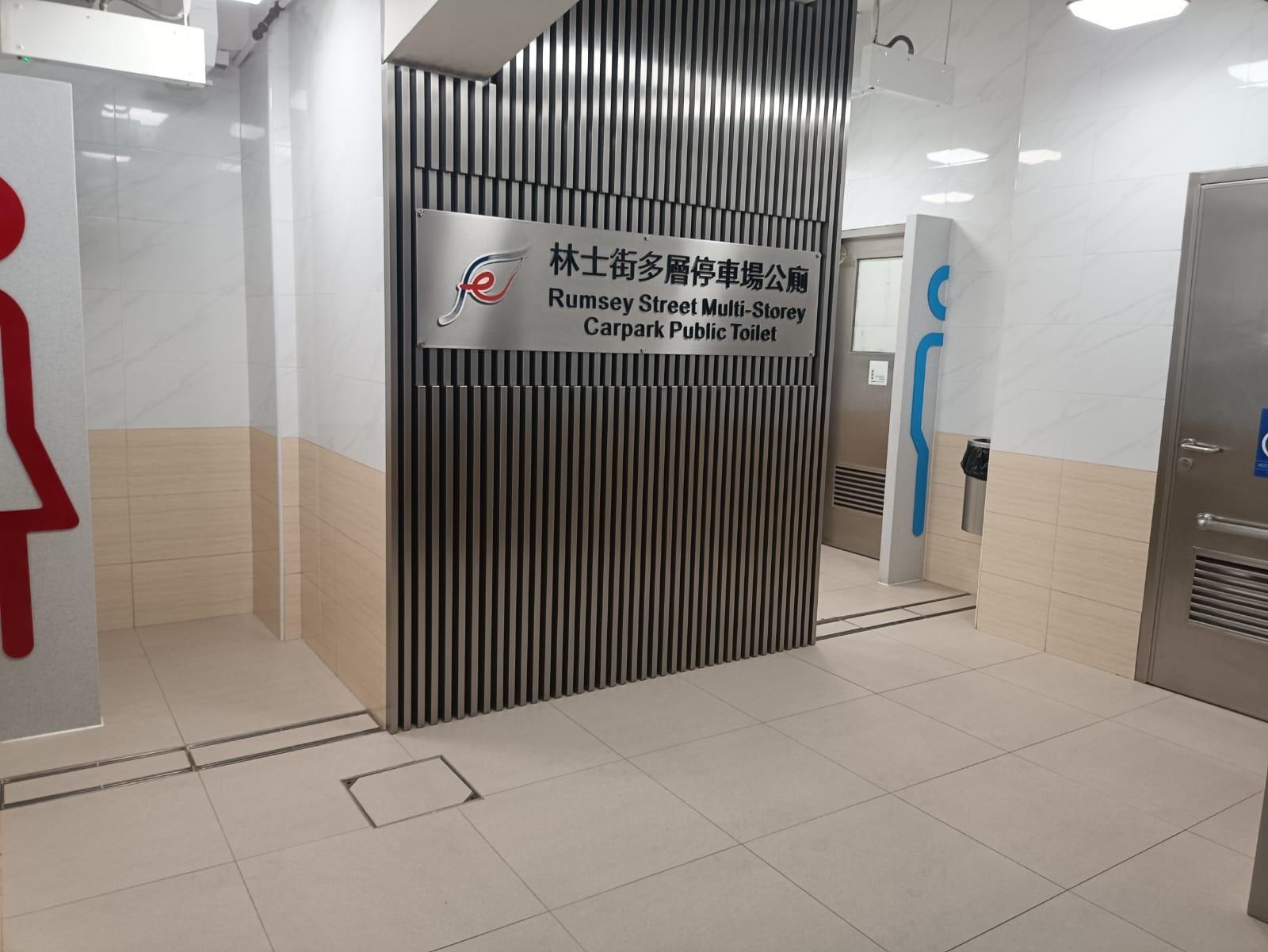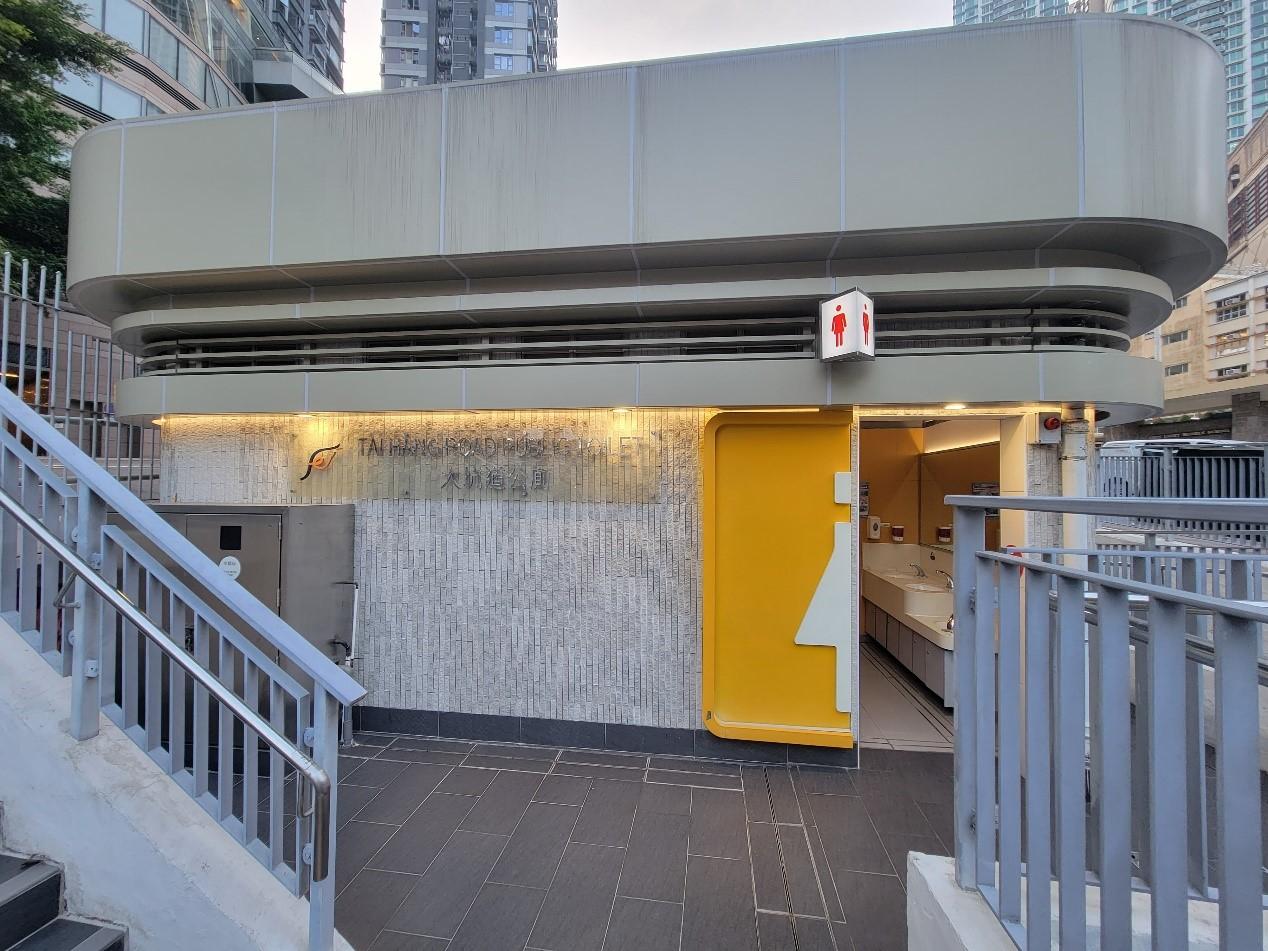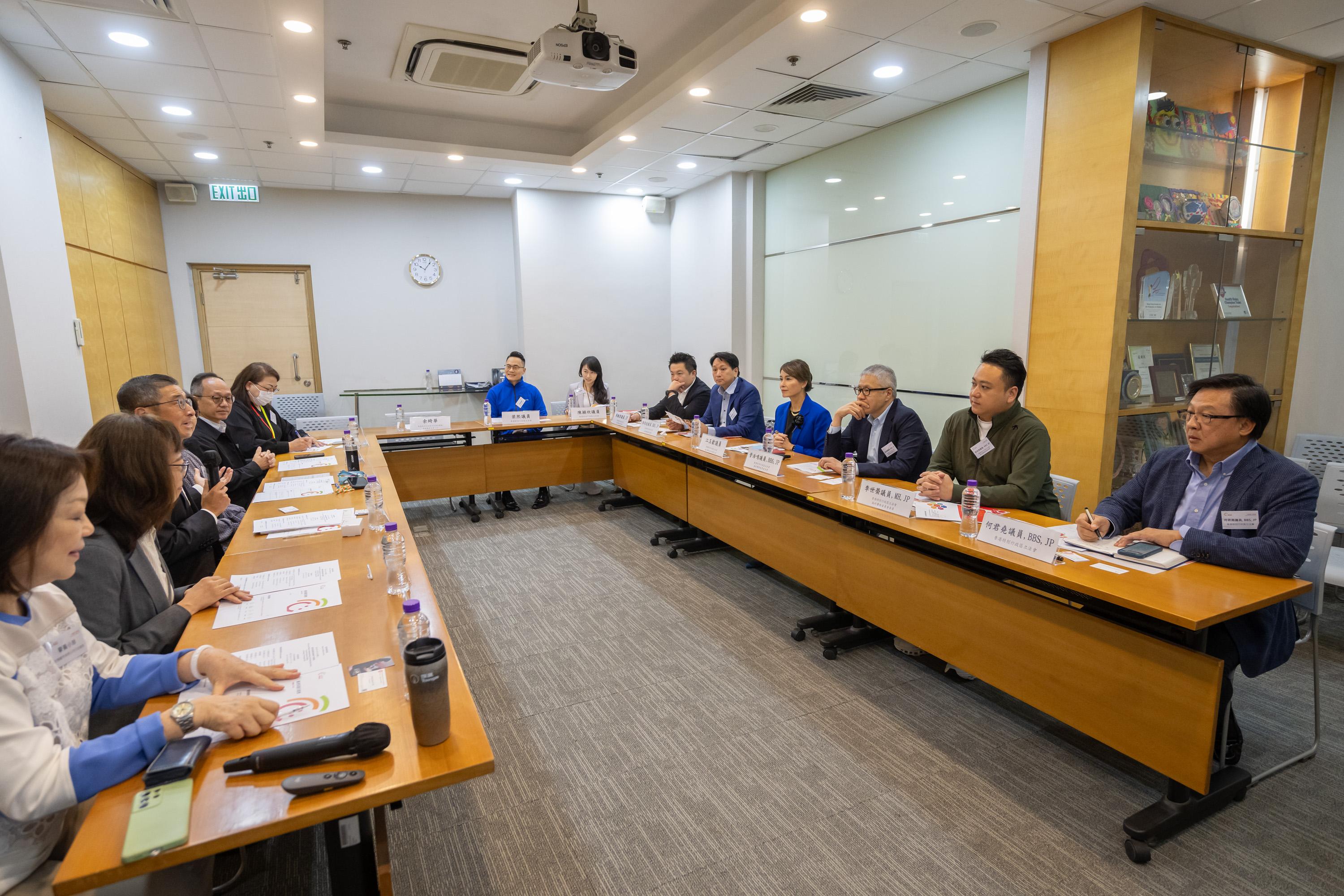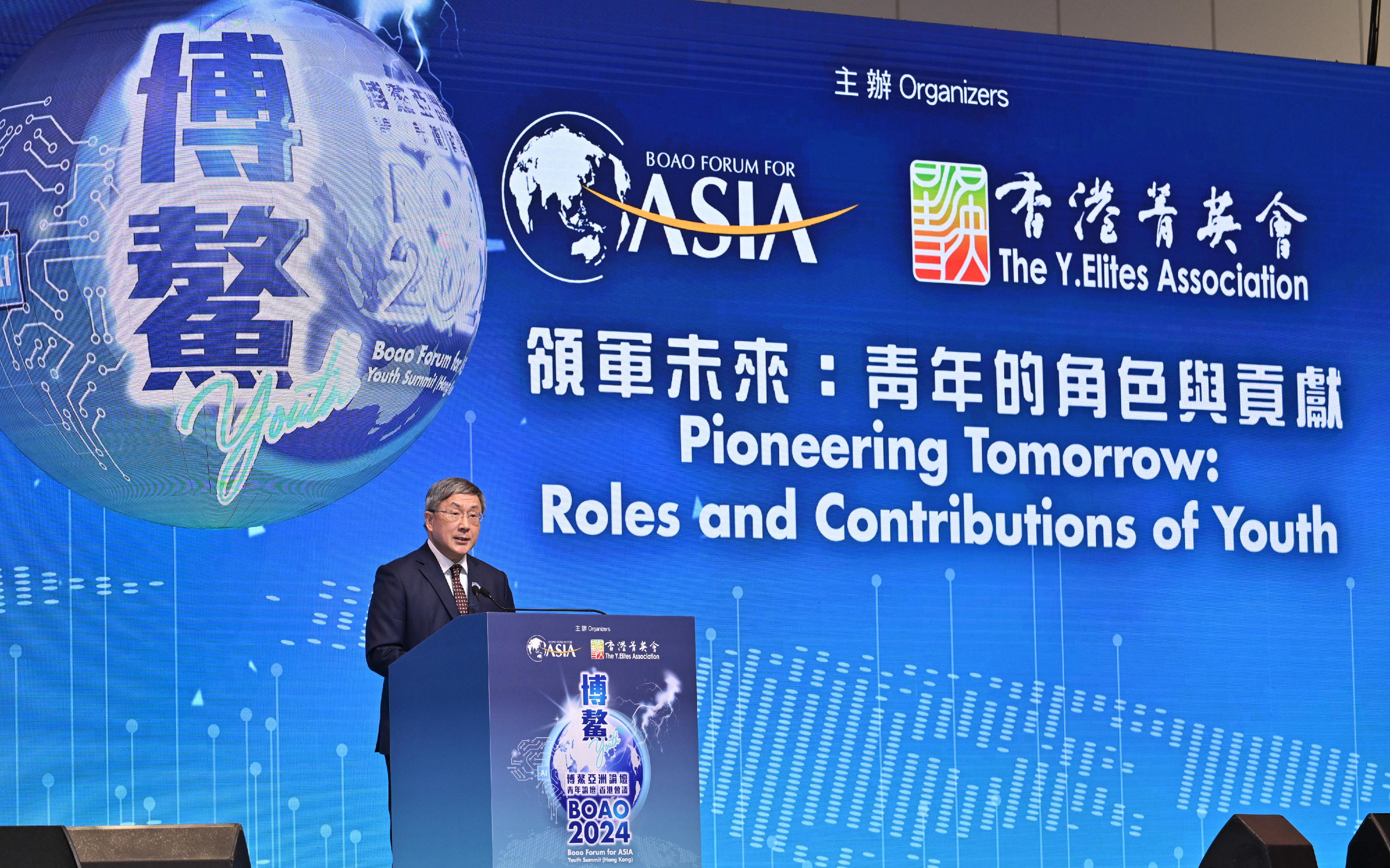FEHD wins consecutive best public toilet awards and selects outstanding toilet attendants (with photos)
​A spokesman for the Food and Environmental Hygiene Department (FEHD) said that today (November 19) is World Toilet Day, and the department is delighted to have won consecutive gold and silver awards this year in the annual Hong Kong's Best Public Toilet Award organised by the Hong Kong Toilet Association.
The Hoi Hing Road Public Toilet in Tsuen Wan District has won the gold award, while the Sunny Bay Public Toilet in the same district has won the silver award.
"In recent years, the FEHD has been enhancing the facilities, management and hygiene of public toilets (PTs), taking a multifaceted approach to provide a better user experience for both the public and tourists. We are delighted to learn that the PTs of the FEHD have consistently received top honours, winning best toilet awards in consecutive years. This recognition is a testament to the department's hard work and dedication."
The FEHD currently manages some 810 PTs. Since 2019-20, the FEHD and Architectural Services Department (ArchSD) have been proactively forging ahead with the Enhanced Public Toilet Refurbishment Programme. As of September this year, full refurbishment or facelifting for about 370 PTs has been rolled out, with approximately 160 of these projects already completed. By planning ahead, streamlining or compressing preliminary work flows and adopting new construction methods and technologies, the FEHD and the ArchSD aim to commence full refurbishment or facelifting works for the remaining some 300 PTs across the territory by the end of 2028.
The FEHD employs technologies to enhance the service of PTs. For instance, sensors are installed in suitable PTs to monitor usage rates, environmental parameters, and the operating status of electrical and mechanical equipment in real time. Additionally, the department is utilising novel air purification technologies to eliminate odours and improve air quality. The FEHD is also considering the use of nano ozone bubble technology in flushing water to enhance the effectiveness of deodorisation and disinfection. Furthermore, public toilet cleansing services are gradually being separated from the street cleansing services contracts and procured independently under dedicated contracts with stricter requirements for contractors' staff vocational training to elevate their service standards.
"Frontline toilet attendants play a crucial role in ensuring the cleanliness and hygiene of PTs. To acknowledge their contributions, the FEHD recently conducted an election to recognise outstanding toilet attendants. After a thorough assessment, six outstanding toilet attendants were selected for commendation. Three male toilet attendants serving at the Hoi Hing Road Public Toilet in Tsuen Wan District, the Kwai Hing Station Bus Terminus Public Toilet in Kwai Tsing District and the Pound Lane Public Toilet and Bathhouse in Central and Western District respectively, and three female toilet attendants serving at the Science Museum Road Public Toilet in Yau Tsim District, the Rumsey Street Multi-Storey Carpark Public Toilet in Central and Western District and the Tai Hang Road Public Toilet in Wan Chai District respectively were selected", the spokesman said.
In response to the observation of the Hong Kong Toilet Association, the FEHD has enhanced the cleansing service and management of the public toilet on the ground floor of Tsuen Wan Market, and has included it in the refurbishment programme to improve its overall condition.
The spokesman added, "The FEHD will continue to enhance the facilities and service quality of PTs through innovative ideas." The department appealed to the public to maintain the cleanliness and hygiene of public facilities and help ensure that PTs are well cared for.
